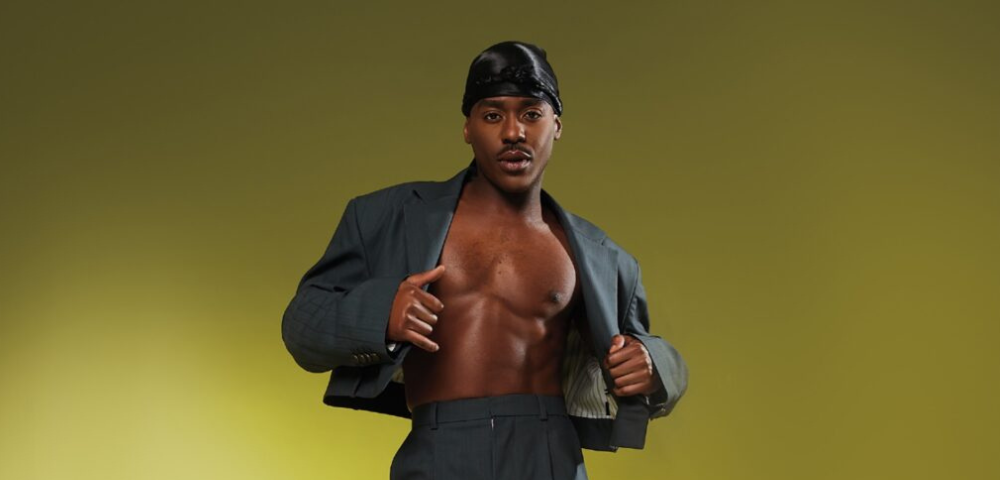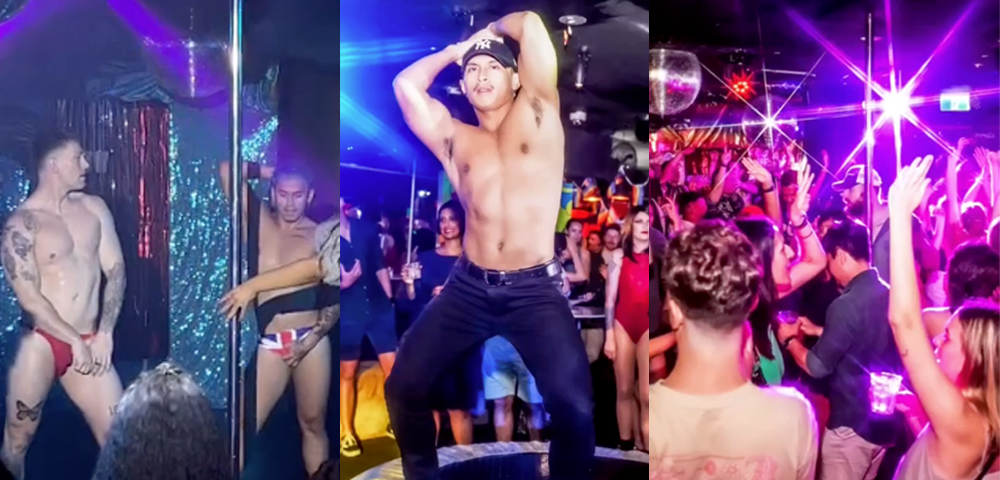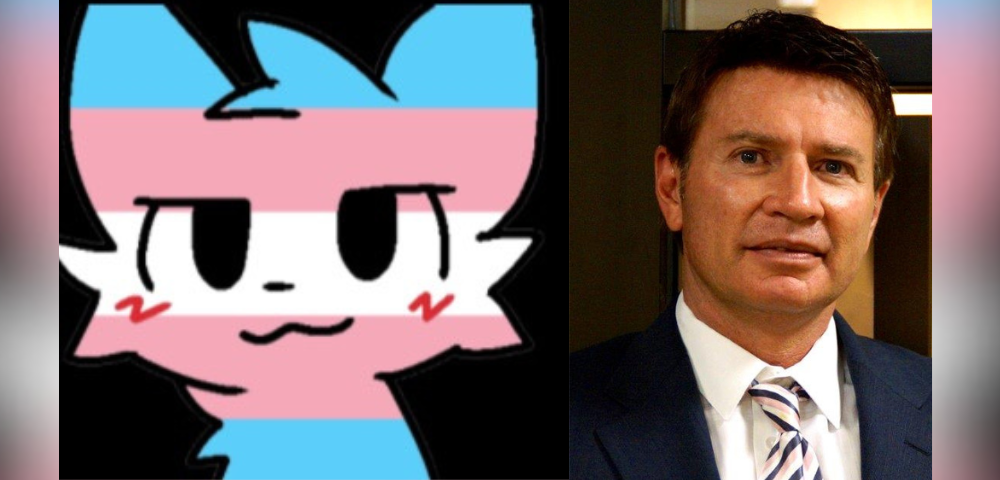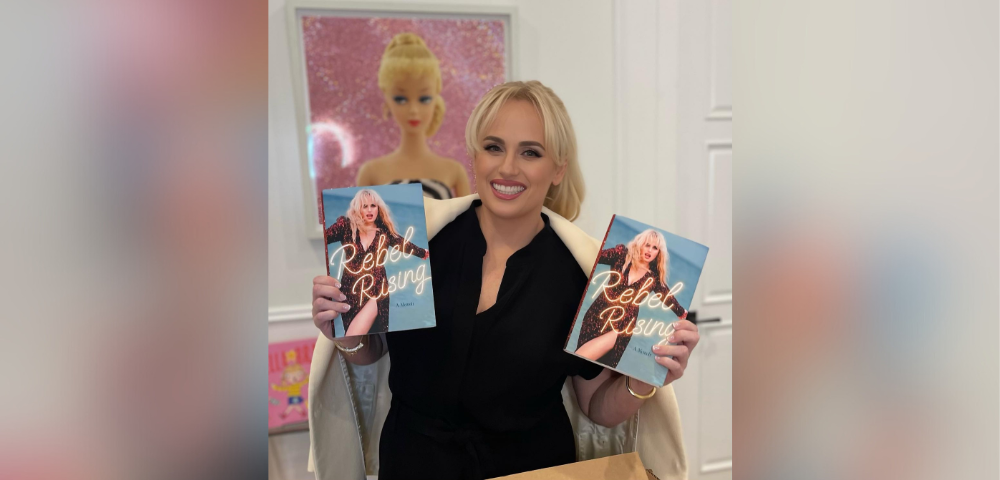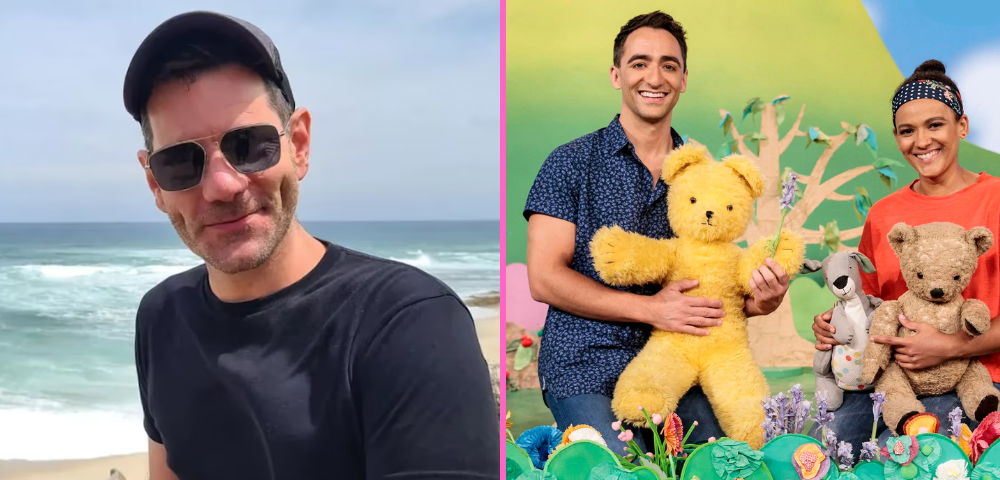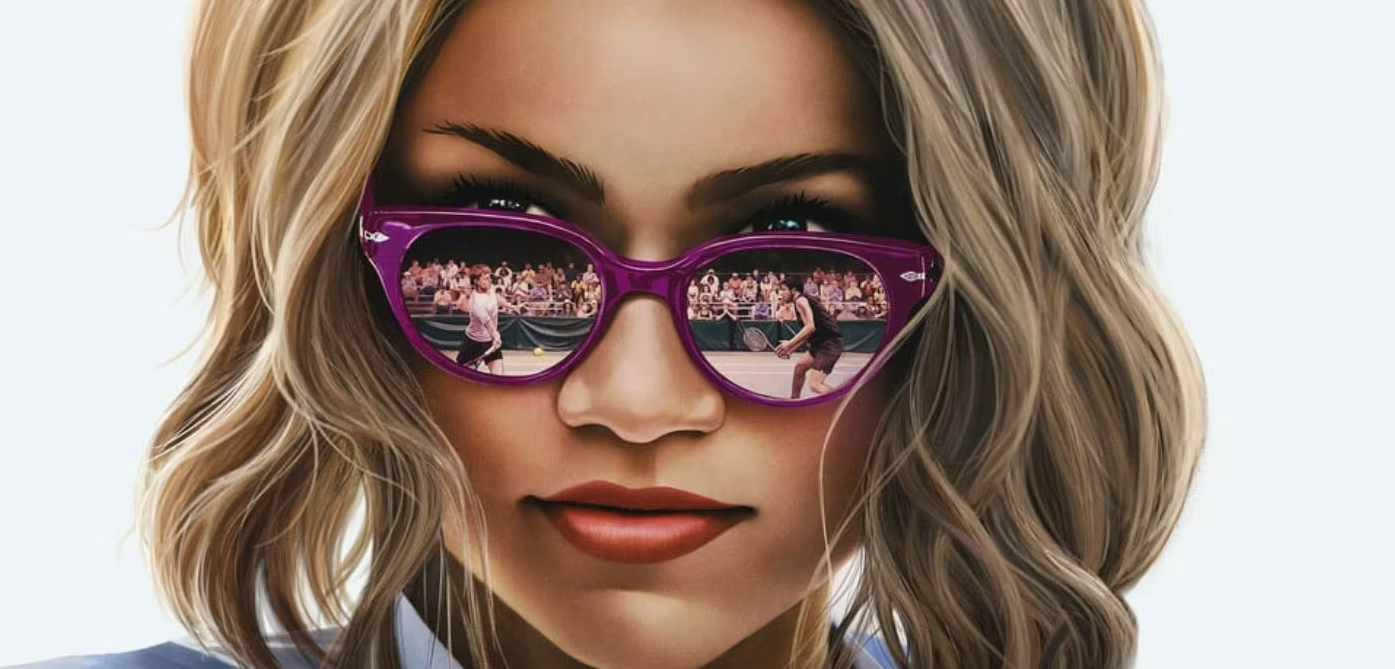
Jack Charles: Finding The Missing Pieces Of The Puzzle
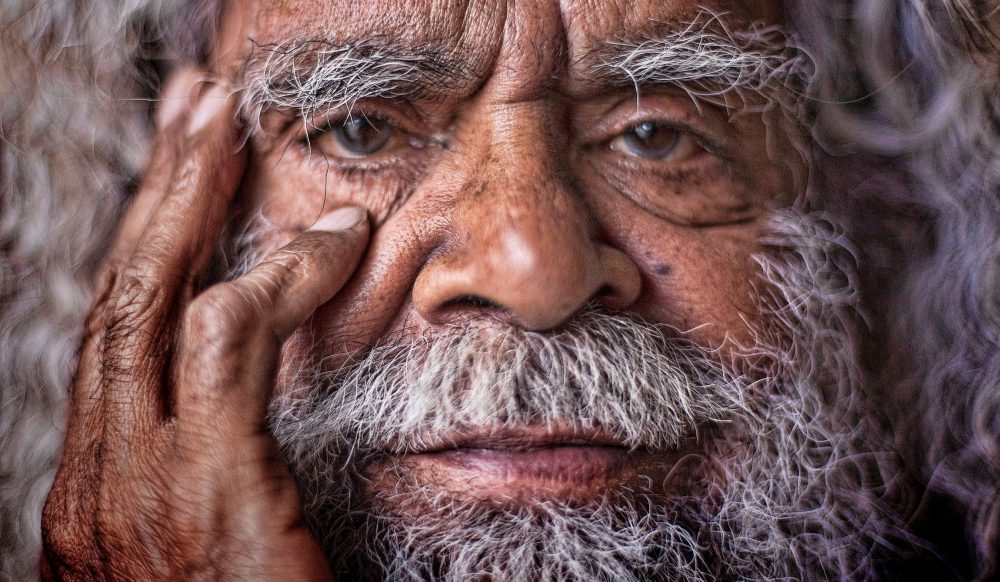
As NAIDOC week 2021 draws to a close, we reflect on what was a deeply personal journey of discovery for First Nations activist and national treasure Jack Charles, who featured this week on the SBS series Who Do You Think You Are?
Charles began his career in theatre in 1970. In 1971, alongside Bob Maza he founded Australia’s first Indigenous theatre group Nindethana, at The Pram Factory in Melbourne.
Having gone on to feature in many productions both for stage and screen, Charles is also no stranger to the law, having been sentenced to imprisonment 22 times and convicted twice as many times. Charles once said that his criminal life saw him break into homes in the “posher districts of Melbourne” as a deliberate choice, “I robbed as rent collection for stolen Aboriginal land!”
“Those mansions were on my mother’s land, but I’m sure if I told the judge, I was a rent collector, not a robber, I’d have been given another two years on my sentence.”
Stolen At Four Months Old
Charles who these days is based in Naarm/Melbourne, has a story which stands as a reminder of the damage done by successive Australian governments. Stolen from his family at just four months old, like many within his generation, Charles spent his life not knowing his family.
However, in this most recent episode of Who Do You Think You Are? Charles finally found the missing piece of the puzzle, with his father’s identity revealed. Even to this day, Indigenous children are being forcibly removed from their families by the Australian government.
Charles’s journey first takes him to the Cummeragunja mission on Yorta Yorta/Bangerang Country where his father Hilton Hamilton Walsh was born in 1923. Located on the banks of the Murray River flanked on one side by in New South Wales and on the other by Victoria, it is a place steeped in history, as the Cummeragunja walk offs in 1939 are widely recognised as the first-ever mass strike of Aboriginal people in Australia.
Charles was introduced to a long lost family and a brother for the first time here. Describing not knowing his father’s identity Charles says it’s “part of the missing jigsaw, the puzzle, that doesn’t make me complete within myself.”
“I do feel the connection now. I’m not a fatherless child. I’m not a bastard anymore. I would have loved to have known all this history, when I was younger.
Healing Again
“Family is one of the prized possessions that people have. I’m only [now] learning about this because I’ve never really known it.
“I don’t have pictures on my wall. People have pictures of their families on their walls, but I’ve never done that.
“My story has been lost and with this story I’ve been healed again.”
Later in the program, Charles’s search takes him to Lutruwita/Tasmania, where he traces his mother’s ancestry back two centuries, where he learns that his five-times great grandfather was highly respected Mannalargenna, an elder of the Plangermaireener clan in what is now the Ben Lomond tribal area of north-eastern Tasmania.
During the ongoing invasion by British and Dutch settlers during the 1800’s, Mannalargenna brokered a marriage between his daughter Woretemoeteyenner, Jack’s four-times great grandmother and an English man as a way of encouraging cooperation.
Sadly, Mannalargenna was tricked out of leaving Tasmania and transferred to Flinders Island to a new settlement, where many never left- a revelation of which Charles recently told NITV had become a ‘heavy burden’ since filming ended.
Telling Our Stories
“In some ways, I’ve been re-traumatised, and you can’t blame me for having [that reaction] and losing a bit of sleep over it. We know the sites of the massacres… Now that we know these things, it shouldn’t be kept quiet.”
Last year, the Victorian government acknowledged that the experience of the Stolen Generations amounted to genocide, a point to which Charles wants to see greater recognition of,
“(I’ll be) seeking an audience with our premier Daniel Andrews, and the education minister… to have a serious discussion, aiming towards addressing the lack of living history.”
“Each state has a unique history to tell. We’ve got a unique history. And it should go into our state school curriculums. I put [my story] out there, and I’m glad it’s impacting on other people, black, white, whatever. It’s just fortunate that I’ve got this profile; this notoriety.”
Who Do You Think You Are? Is now available to stream on SBS On Demand:




